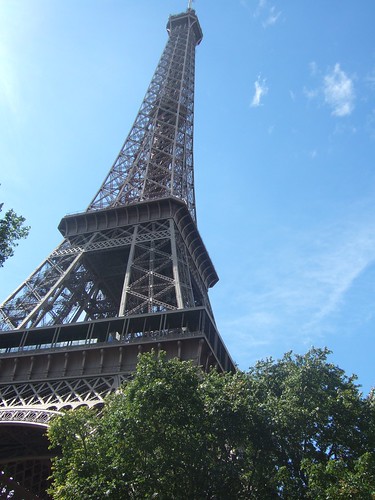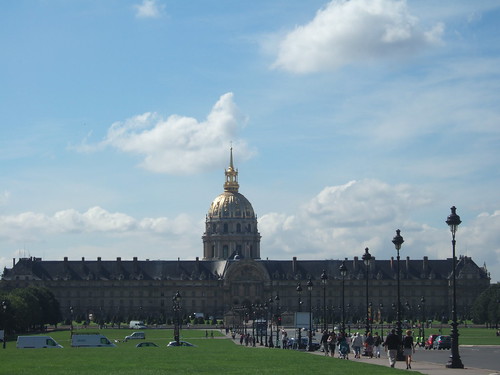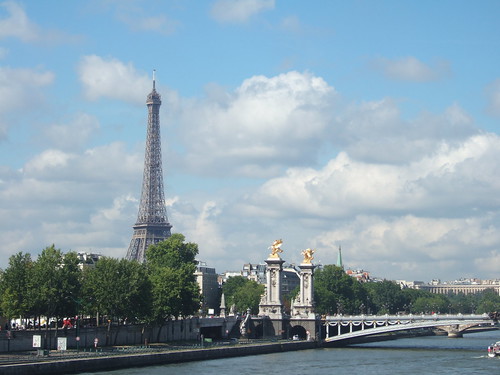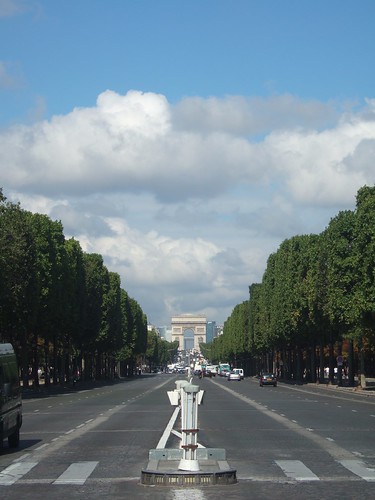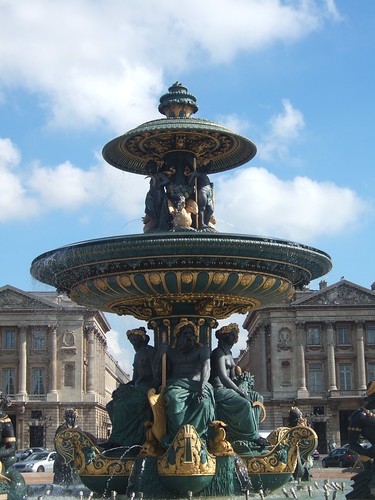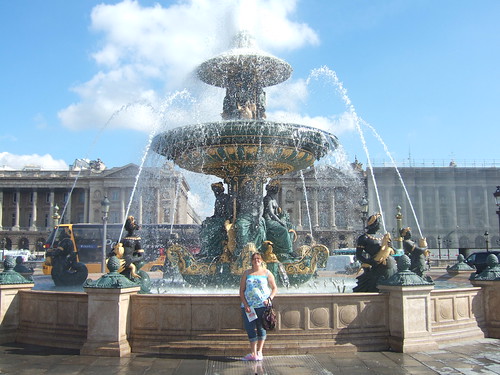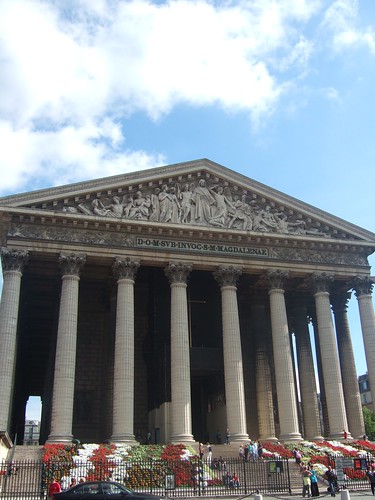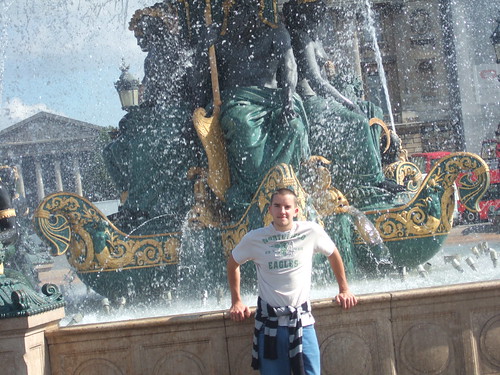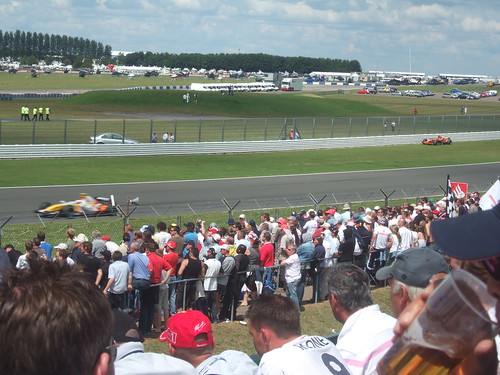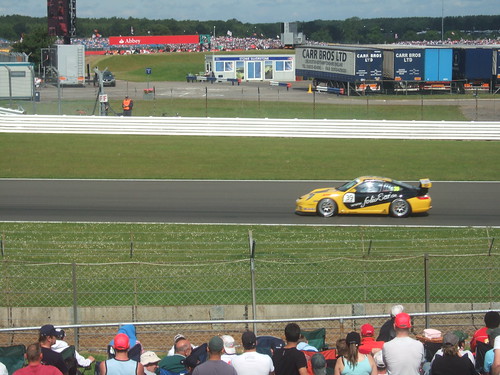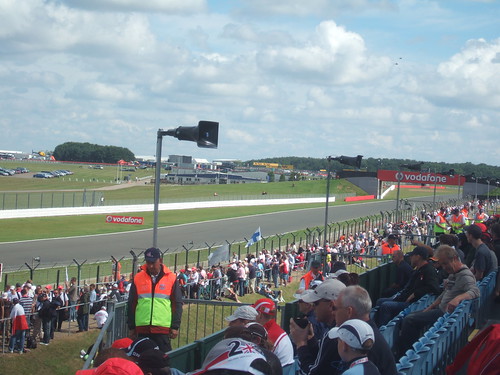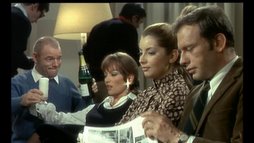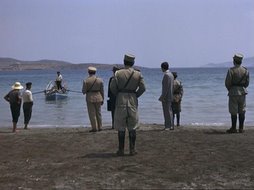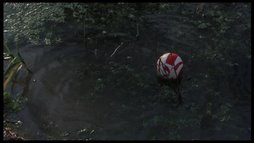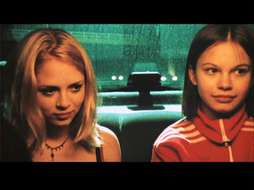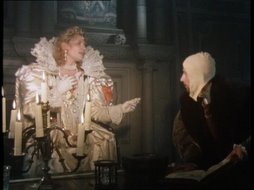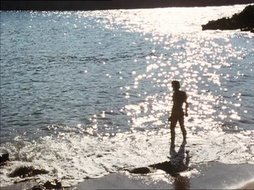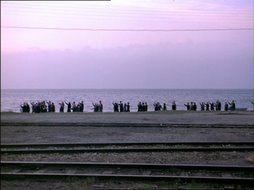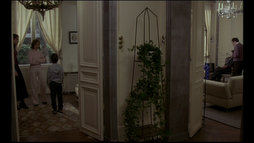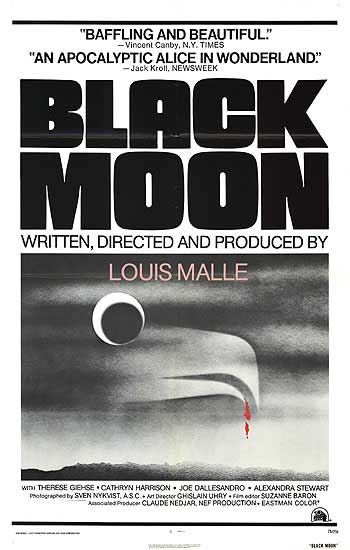
The tagline for Malle's first English language feature, "An apocalyptic Alice in Wonderland", is as misleading as it is an accurate summary of everything the film stands for. It is apocalyptic, but only in the most rudimentary of senses with the setting of the film taking a large backward step here in favour of the actions and events that form the film's plot. Don't understand? Well, i've seen the film twice in the last couple of days and neither do I. Enigmatic, perhaps even profound, Malle eschews cinematic dogma with confidence and aplomb providing a film that's as baffling as it is absorbing, intoxicating and off-putting in equal measure.

Essentially, the film follows Lily. We don't know who she is but she's running (more specifically, driving) from something. A couple of external scenes show there is some kind of war of attrition going on between men and women. When she can get no further by car, she continues on foot first following a horseman(?) then a unicorn she spies. The unicorn, along with hens, pigs, sheep, a rat, an eagle, a millipede, snakes and a horse is just one of the film's animal images. The unicorn leads her to a house, in which she finds an old lady (Therese Giehse) who speaks in tongues to a large rat and occasionally talks to someone on a CB radio to describe what Lily is doing. Later, Lily (Cathryn Harrison) meets Lily (Joe Dallesandro) and his sister, Lily (Alexandra Stewart). Not much of importance really happens after this, except for Lily talking to the unicorn and playing Wagner on the piano, Lily (Joe) killing an eagle and Lily (Alex) breastfeeding the old lady.

Considering that anything we see could be as much fantasy for Lily as it is reality. critiquing the film becomes problematic. You can't say that the old woman wouldn't have set all those alarm clocks to go off at the same time, as much as you can't say unicorns don't exist/talk. Things happen and recur in the film that defy reason or logic that seem, somehow to have an importance or meaning. One could attach arbitrary meanings to individual scenes - the clocks being thrown from the window as a "time flies" gesture for instance, however i fell that ignores the spirit of the work. In writing the screenplay, Malle seems to have been aiming for some kind of cinematic equivalent to automatic writing where things happen and only afterwards with hindsight can we look at the results for some kind of meaning. At the same time though, it's a deeply personal film for the director who shot and edited it at his home in the Dordogne valley.

Taken as a kind of pubescent voyage of discovery, a lose form of linearity can be derived in the narrative. The film opens on the childish Lily running from the battle of the sexes, she witnesses it (women being slaughtered at a roadside) but doesn't take part, only picking up a gun much later in the film when a body is discovered in the house's garden. From her external flight, she enters the new world of the film's interior where she encounters siblings (Lily and Lily) who lead a pseudo-incestuous relationship, and the old lady who can be seen to embody a perverse notion of maternity. The old lady even plays on pubescent insecurities, laughing loudly at the Lily not having any bosom. The bastardised effeminacy seems to be a central current of the film, even extending to the bizarre [un]natural things we see outside.

The sight of naked children herding animals, and sheep flocking should not, prima facie be a threatening or foreboding event yet Lily runs franticly from the sheep and the sight of the children with the large pig and other animals seems to take something almost natural and make it part of a surreal nightmare. Actually, is it even a nightmare? Lily only seems to be aware of the war, but have no comprehension of the relationship between the old lady and the two Lilies; her actions inside the house are always instinctive, rushed frantic - yet on her first encounter she seems to know why the old lady attacks her (something about a watch?). Conversely, she screams when the old lady suffocates and - in a quick edit - we see a masked intruder strangling her. The old lady also says that Lily sees things and believes there's a war on; are we to take this as a dose of reality in Lily's fantastical nightmare, or is it just another bit of nonsense into the mélange.

Alice in Wonderland is unavoidable when talking about Black Moon. A feminine protagonist goes on a surreal journey encountering talking animals and a myriad of other characters; she is scared and trying desperately to get home. Here however, Alice only provides the roughest sense of the narrative structure - the linear journey that leads to these bizarre encounters, and also a sense that it shouldn't all (if ever) make sense. One big difference however, is that Lily doesn't wake up at the end. This is not an adaptation of Caroll, it's incorporates the structure to tell it's own story but pays as much attention to Wagner's Tristan und Isolde as it does to the literary work. There's an unmistakeable earthliness to the film, it's symbiosis with the land underpins everything - nature comes into man's world and vica versa, to the point that she can hold conversation with a unicorn. It's this sense of earthliness that allows the shots of animals to seem in context, and also lets myth intermingle with legend and folklore on the screen without question. It doesn't make much sense, but somehow it fits.

The most crucial question remains: is the film a success? Well, if by that we mean "does this film achieve the director's intentions" then i think the answer has to be yes (to some extent). The director always insisted its inclusion in retrospectives of his work and, to all intense purposes, was proud of the finished product despite the box office flop it became (and then there's the fact that Malle created a shorter, 1 hour cut of the film which he was also happy with). Financially, it was a flop arriving to very mixed reactions in the arthouse crowd but is it an artistic success of merit? I have to say that personally, i found it impossibly dull. The long, long periods of time without any dialogue whatsoever were often all too mind-numbing. For most of the film, very little happens at all. There are events but they can at best be sporadic; i can see it would be very easy to fall asleep during the film. This was shot by Bergman's cinematographer, Sven Nykvist yet it looks so dull - this at least was an artistic decision to only shoot the film when it was overcast (and when it was sunny shoot the interiors); Malle wanted it to look flat, opaque, without shadow, a film shot at an undefined time of day: a dawn or dusk of man/woman.

Saying the outside is dull, ignores the frankly brilliant interior shots - especially those lit by fire or candlelight (something Nykvist has excelled at in his career) that brought to mind works like Jarman's The Tempest for it's hauntingly romantic interiors. The performances are the measure of restraint, glances and shifts in posture filling in for the lack of dialogue, the actors erotic in their androgyny. It's so odd: a film that seems to put the audience at such a distance then, in a moment of brilliance, sucks you inexorably into the narrative intellectually and emotionally - for me the scene in the film that makes it all worth it is the one when Lily plays piano for the children. Out of the lethargic ordinariness of the film, rises like a phoenix from the ashes, a few minutes of captivating, sumptuous cinema that comes in waves reaching an incredible crescendo; it's literally worth watching for the one scene where - through the artistic medium - she escapes her surreal hell, and we can forgive Malle for making us wait so long to see what he can produce.
Overall: 6/10















